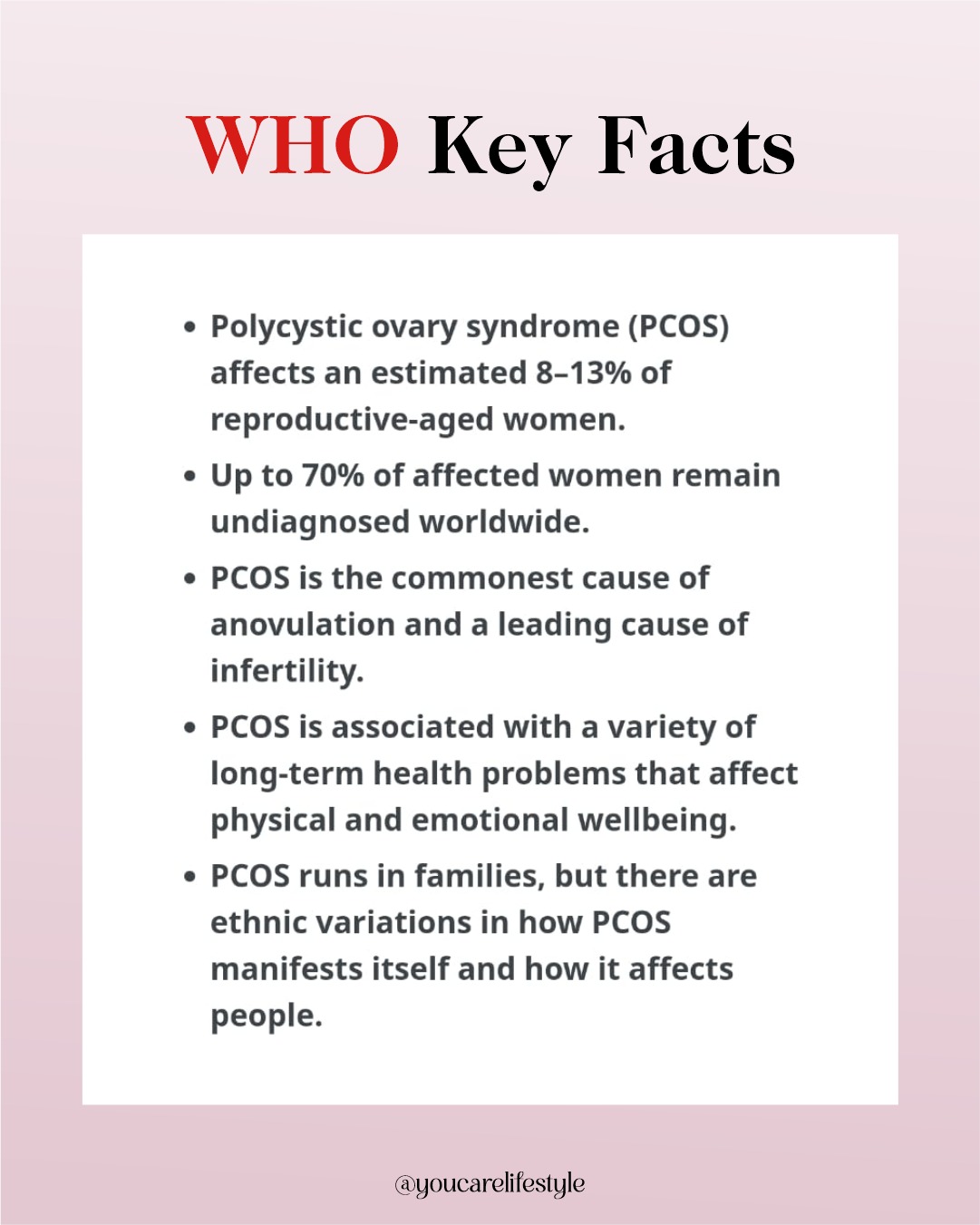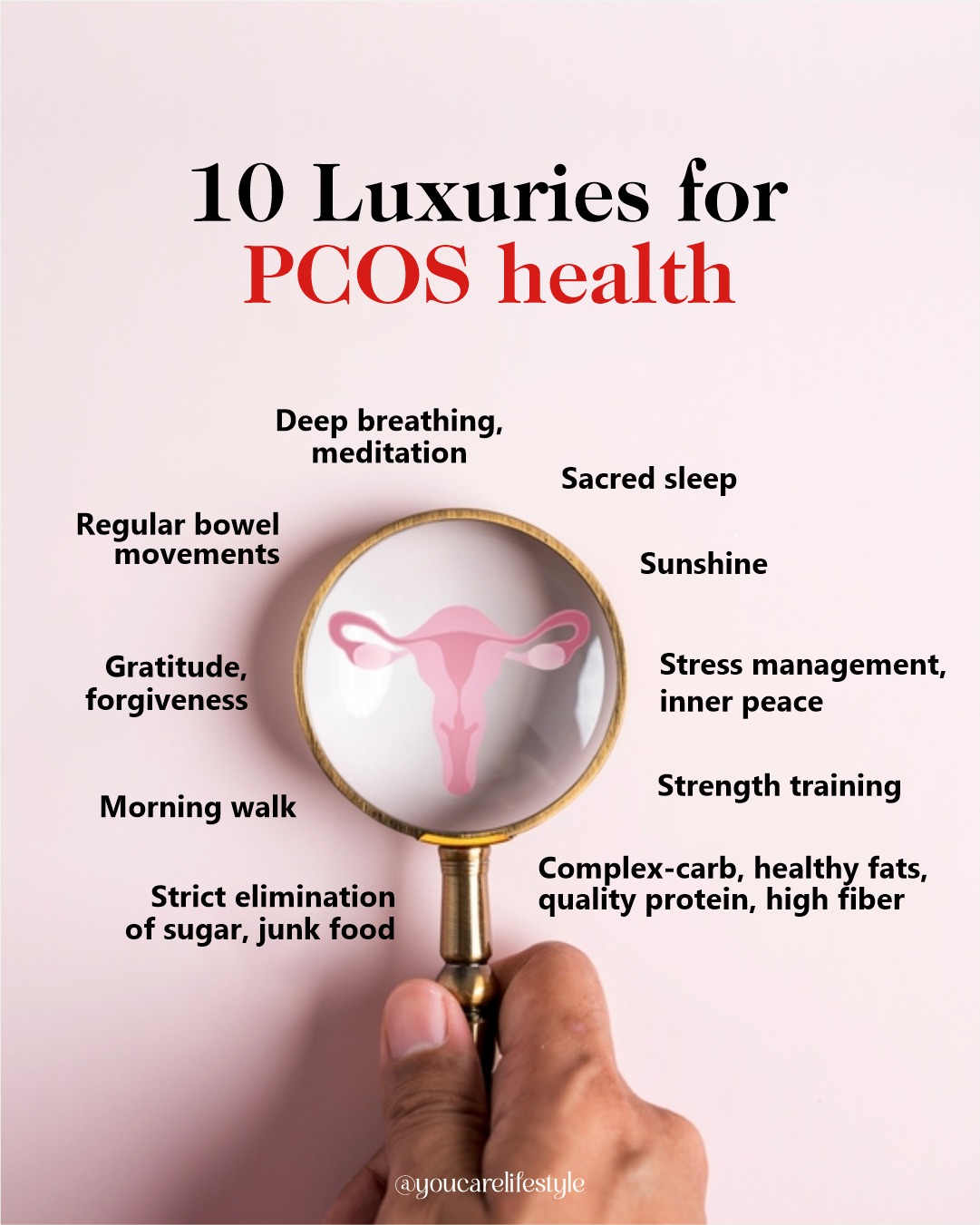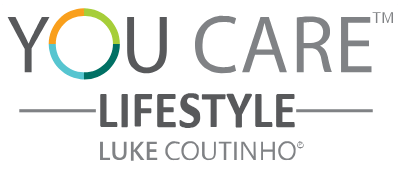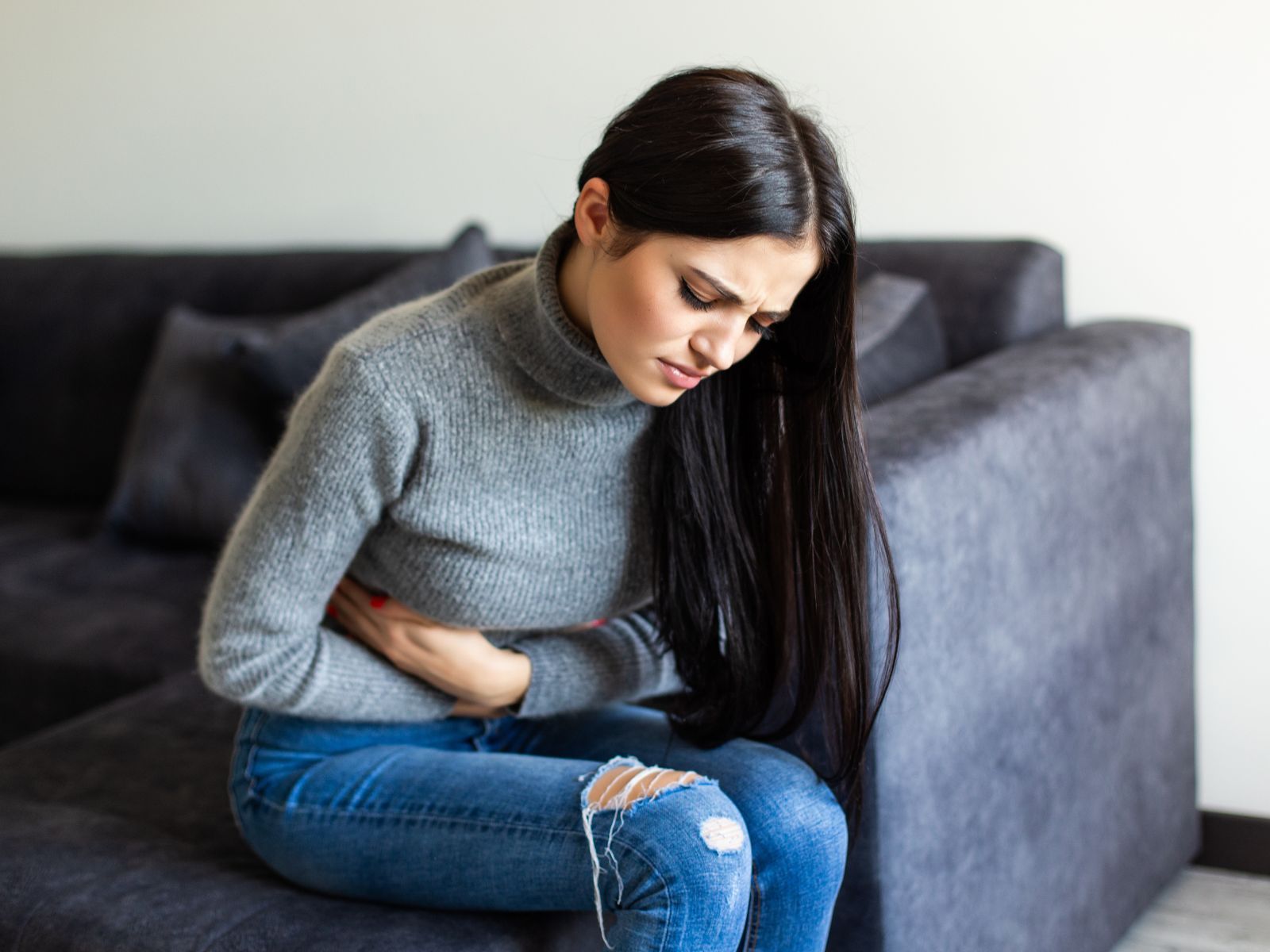Table of Contents
What is PCOD or PCOS?
PCOD or PCOS is a condition that messes with a woman's ovaries, the important reproductive organ that helps regulate periods and make hormones like estrogen and progesterone. They also produce some other hormones, including ones usually associated with males, like androgens.
Interestingly, about 10% of women around the world deal with PCOS. With PCOS, women make more of "male hormones'' than they should. This hormonal imbalance can lead to missed periods and make it difficult to get pregnant.

Pic Credits- You Care Lifestyle
What Causes PCOD or PCOS?
In the past couple of decades, more and more women have been dealing with PCOS. It's a big issue in India, where about 18% to 20% of women in their conceiving years are grappling with it. And even teenagers are suffering from PCOS these days.
Now, everyone has their ideas about why PCOS is on the rise. Some people say it's all about lifestyle- stress, lack of exercise, eating junk, and not getting enough rest. Honestly, if you're living a stressful or fast life, your ovaries might be getting affected.
One major problem that affects women's health is obesity. Sitting around too much and not moving enough can make you obese, which can lead straight to PCOS.
PCOD Vs. PCOS: Are They Same?
Let's talk about the difference between PCOS and PCOD.
Polycystic Ovary Syndrome (PCOS) and Polycystic Ovary Disorder (PCOD) represent two distinct yet interrelated conditions affecting women's reproductive health. PCOD, often regarded as the milder one, typically responds to lifestyle modifications such as dietary adjustments and increased physical activity. In contrast, PCOS is a more complex hormonal imbalance necessitating comprehensive treatment, including hormone therapy.
While PCOD has a relatively higher prevalence globally, affecting approximately one-third of menstruating women, PCOS remains a significant health concern, particularly in certain regions like Southern India and Maharashtra, where a portion of the female population faces its challenges.
Both PCOD and PCOS can bring obstacles to fertility, with different degrees of severity. Many women with PCOD can still have babies, but those with PCOS face more difficulties.
Apart from the medical complexities, people don't talk much about periods and other women's health problems because of social rules and stigma. Even though lots of women have these problems, we don't talk about them openly, which makes some women feel embarrassed and stops us from having honest conversations about women's health.
We really need to create a nicer and more supportive atmosphere where women feel confident talking about their reproductive health issues. By breaking down these barriers and encouraging open conversations, we can be kinder and more understanding about women's health problems.

Pic Credits- Freepik
What are the Symptoms of PCOD or PCOS?
When it comes to PCOD or PCOS, recognizing the signs and symptoms is crucial. Here's a breakdown of the common indicators:
- Irregular Menstruation: Your menstrual cycle may become irregular, with periods occurring at unpredictable intervals.
- Skipped or Absent Menstruation: Some women may experience missed periods altogether, leading to extended intervals between menstrual cycles.
- Heavy Menstrual Bleeding: Others may face abnormally heavy menstrual bleeding during their periods.
- Excessive Hair Growth: PCOD can cause hirsutism, leading to increased hair growth on the face, body, including areas like the back, belly, and chest.
- Acne: Acne outbreaks may occur, particularly on the face, chest, and upper back, as a result of hormonal imbalances.
- Weight Gain: Many women with PCOD notice unexplained weight gain, often despite maintaining a consistent diet and exercise routine.
- Hair Loss: Thinning hair or increased hair shedding, particularly from the scalp, may occur due to hormonal fluctuations.
- Skin Darkening: Some individuals may experience darkening of the skin in areas such as the neck, groin, and under the breasts.
Recognizing these symptoms early on can prompt timely medical intervention and management of PCOD or PCOS.

Pic Credits- You Care Lifestyle
What are the Preventive Measures for PCOD or PCOS?
PCOD (Polycystic Ovary Syndrome) and PCOS (Polycystic Ovary Disorder) are conditions that disrupt the normal balance of hormones in a woman's body. These hormonal imbalances can lead to irregular menstrual cycles, fertility issues, and other symptoms like acne and excessive hair growth.
Maintaining a healthy body weight is crucial:
Body weight plays a significant role in managing PCOD/PCOS symptoms. Women with PCOD/PCOS who maintain a healthy weight often experience fewer symptoms and complications. A BMI (Body Mass Index) within the range of 18.5 - 24.9 is considered ideal for overall health and can help improve insulin sensitivity, regulate hormone levels, and restore regular menstrual cycles.
Important 3 YCL tips:
- Aim for a morning walk, which will help improve your metabolism.
- Sleep well for 7 to 8 hrs to shed calories while sleeping and wake up feeling fresh and active.
- Try to exercise 5 days a week with a mix of cardio and strength training.
Limit carbohydrate consumption:
Carbohydrates, especially refined sugars and starchy foods, can cause spikes in blood sugar levels and worsen insulin resistance, which is common in women with PCOD/PCOS. By focusing on a low-carb or complex carbohydrate diet, such as eating lean proteins, non-starchy vegetables, and healthy fats, women can help stabilize their blood sugar levels and improve insulin sensitivity.
Regular exercise and staying active are essential:
Physical activity plays a crucial role in managing PCOD/PCOS symptoms and maintaining a healthy weight. Regular exercise helps improve insulin sensitivity, reduce inflammation, and promote weight loss, which can alleviate symptoms associated with PCOD/PCOS. Additionally, staying active supports overall health and well-being, reducing the risk of cardiovascular disease and other complications associated with PCOD/PCOS.
Improve Your Nutrients Intake:
Most women resort to the situation and think there is no going back. However, the healthcare sector is so advanced that they issue certain options that can be included in your daily lives and improve the issue.
You Care Lifestyle takes women's health seriously and knows how to manage the symptoms of PCOS/PCOD. Here is a list of nutrients that can be immensely helpful.
- Omega-3 Fatty Acids: Found in fish like salmon, mackerel, and sardines, omega-3s have anti-inflammatory properties to ease cramps and balance hormones.
- Magnesium: You can relax your muscles with magnesium from greens, nuts, seeds, and whole grains, reducing cramps and mood swings.
- Calcium: Consuming calcium strengthens bones while reducing pain with dairy, leafy greens, and tofu.
- Vitamin D: Vit D boosts mood and immunity with sources like fish, eggs, and fortified dairy.
- Vitamin E: Fight inflammation and support skin health with nuts, seeds, and leafy greens.
- Iron: Prevent fatigue and anemia with iron-rich foods like lean meats, beans, and spinach.
- B Vitamins: Regulate hormones and ease pain with foods like whole grains and leafy greens.
In consideration of the fact that time is the biggest villain in our lives, we have also compiled a list of a few products that may help alleviate the symptoms of PCOS and help control it.
Check out our PCOS - Shop By Concern
These products are meticulously verified and selected by our team of experts.
Disclaimer: Please keep your healthcare provider in the loop before introducing any new food item into your lifestyle, especially if you have a medical health condition or are on medications. In case you are allergic to certain foods, please avoid them.



Comments